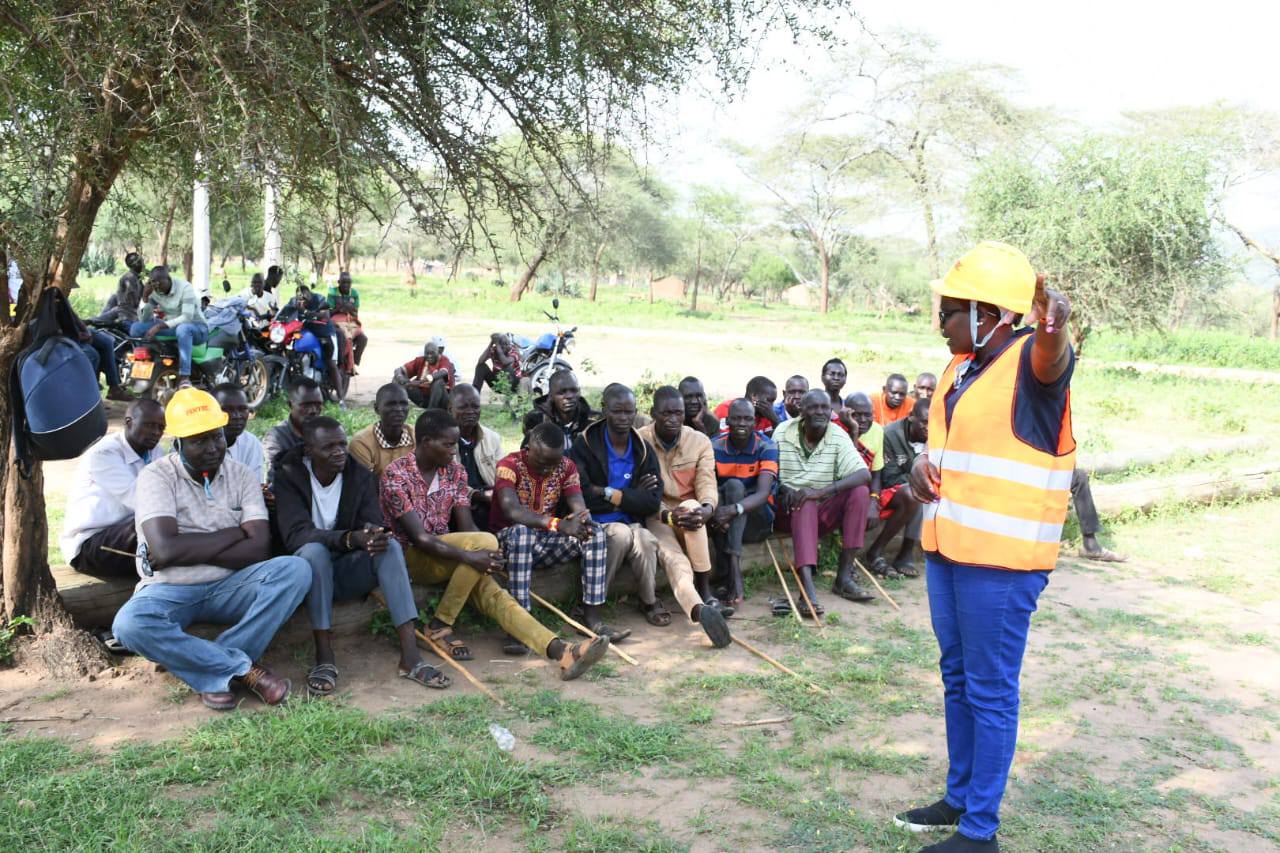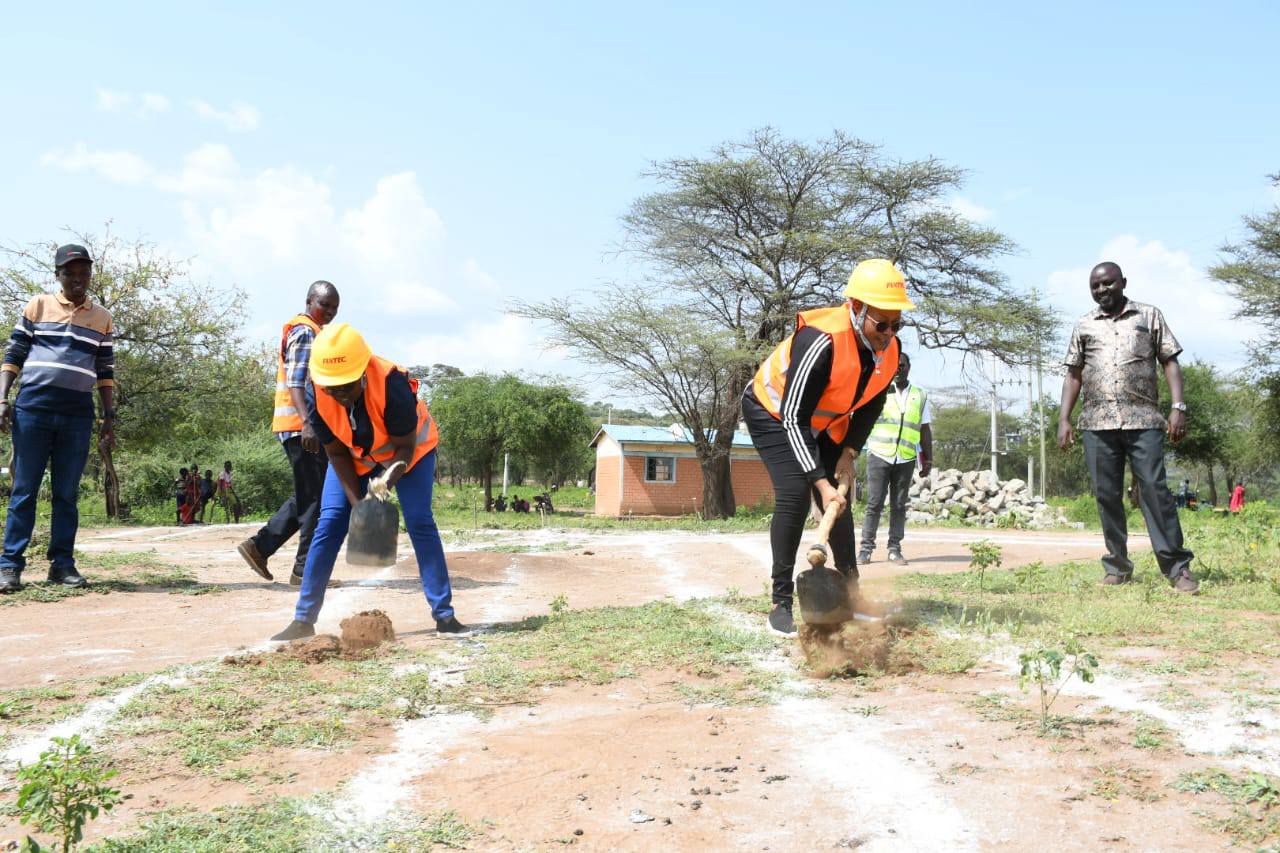The County Government of West Pokot has officially launched the construction of a new maternity wing at Kiwawa Dispensary in Kiwawa Ward.
The groundbreaking ceremony was led by the County Executive Committee Member (CECM) for Health and Sanitation, Ms. Clare Parklea, who emphasized the county’s continued commitment to enhancing access to quality healthcare, especially for mothers and young children.
In an official statement on their social media platforms, the county government stated that the event was attended by the Chief Officer for Health and Sanitation, Ms. Priscilla Chebet, representatives from the Mpesa Foundation, including engineer and cost consultant Sam Chege, the contractor, and enthusiastic members of the local community.
In her address, Ms. Parklea highlighted the challenges expectant mothers in the area have faced, particularly the need to travel long distances to access basic maternal care.
She noted that the new maternity wing will bring essential services closer to the community, reducing delays in seeking care and improving health outcomes for both mothers and newborns.
Ms. Chebet echoed these sentiments, stressing the critical role of strategic partnerships in strengthening healthcare delivery in the county.

She lauded the collaboration with the Mpesa Foundation, which is supporting the project, as an example of how public-private partnerships can help address service delivery gaps in rural areas.
The new maternity wing at Kiwawa Dispensary is expected to offer antenatal, delivery, postnatal, and newborn care services.
Once completed, it will serve hundreds of women from Kiwawa Ward and surrounding areas, providing a safe and accessible facility for childbirth and maternal health support.
This project forms part of the broader health agenda of the West Pokot County Government, which continues to prioritize infrastructure development, healthcare access, and service delivery improvements across the region.

